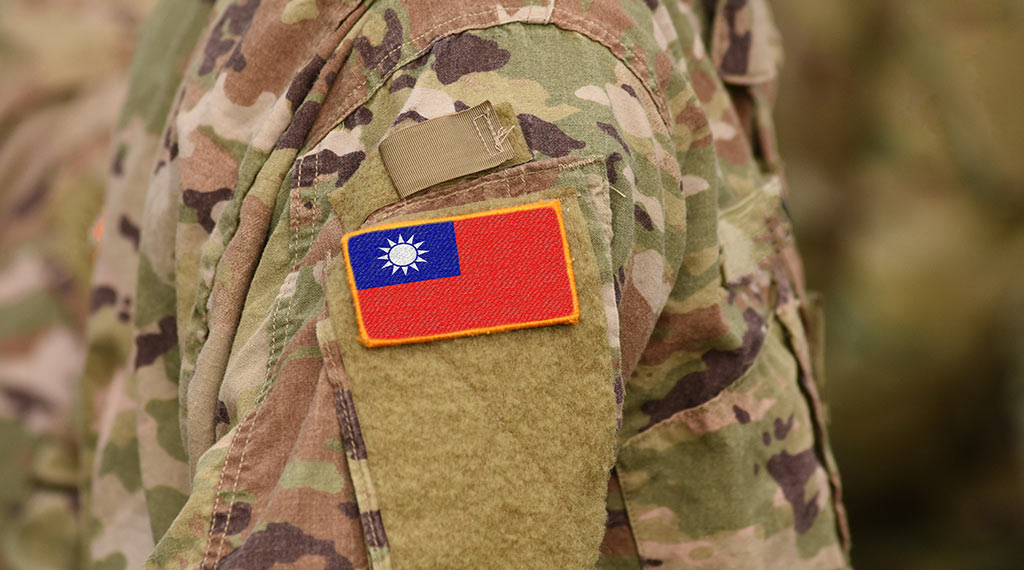
Editor’s Note: This piece by Matthew Fulco features quotes from CSP Senior Fellow, Grant Newsham.
Without new policies such as greater use of technology and conscripted national service for women, maintaining an adequately sized military could become increasingly difficult.
The impending transformation of Taiwan into a super-aged society by 2025, when at least 20% of its population will be aged 65 or above, is poised to usher in significant consequences beyond the impact on the economy and healthcare system. In the face of rising military pressure from China, the island’s demographic situation is also becoming a national security issue.
In the years ahead, it could be a struggle for Taiwan to maintain a military of sufficient strength, given the ever-shrinking pool of military-aged men (conscription only applies to males in Taiwan). The fertility rate has fallen to around one child per woman and has minimal prospects of increasing meaningfully. Government incentives to persuade couples to have more children have not borne fruit, while large-scale immigration remains unlikely for both political and cultural reasons.
Research by the Ministry of National Defense (MND) affiliated Institute for National Defense and Security Research (INDSR) shows that the number of military-aged men was 110,000 in 2016 – sufficient to sustain the nation’s all-volunteer military – but has fallen every year since. Should the pool of military-aged men continue to decline to 74,000 by 2025, as suggested by census data, Taiwan would only be able to recruit 9,000 soldiers a year – an inadequate level to sustain its all-volunteer force. Within the next decade, Taiwanese young adults available for recruitment could fall by up to 33%, INDSR predicts.
Taiwan had 162,000 soldiers in June last year, 7,000 shy of its goal – though according to the International Institute for Strategic Studies (IISS) Military Balance 2022 report, the Taiwanese military has 169,000 active-duty troops.
If Taiwan consistently misses its military recruitment targets, the impact on national defense could be corrosive. “You’ll end up with an older force, and one that is overworked – and that leads to declining capabilities and weak morale,” says Grant Newsham, a retired Marine colonel and diplomat.
“Commanders end up just trying to keep things going – and don’t have the luxury of trying new operating concepts and ways of defending the nation as they ought to,” he says. Newsham adds that “if recruitment targets aren’t being met, that is ultimately the fault of civilian leadership.”
…
Yet while technology might be able to give Taiwan’s military a boost, it cannot wholly replace human soldiers. “Think of the war in Ukraine,” says retired Marine Newsham. “Drones, satellites, and precision-guided weapons are all important, but ultimately you’ve got to have enough people to cover terrain and especially to replace casualties.”
…
For his part, in addition to highlighting the importance of good compensation, Newsham emphasizes that the military must become “a respected profession” in Taiwan. “Taiwan’s armed forces haven’t gotten [respect] for years,” he says. “That’s where political leadership has the main responsibility.”
- The U.S. and Iran: Adding to the list of fiascos? - February 3, 2026
- Forget Greenland — securing Diego Garcia should come first - January 27, 2026
- Trump Makes Greenland Deal With NATO: Chinese Military Pilots Trained In US - January 22, 2026
